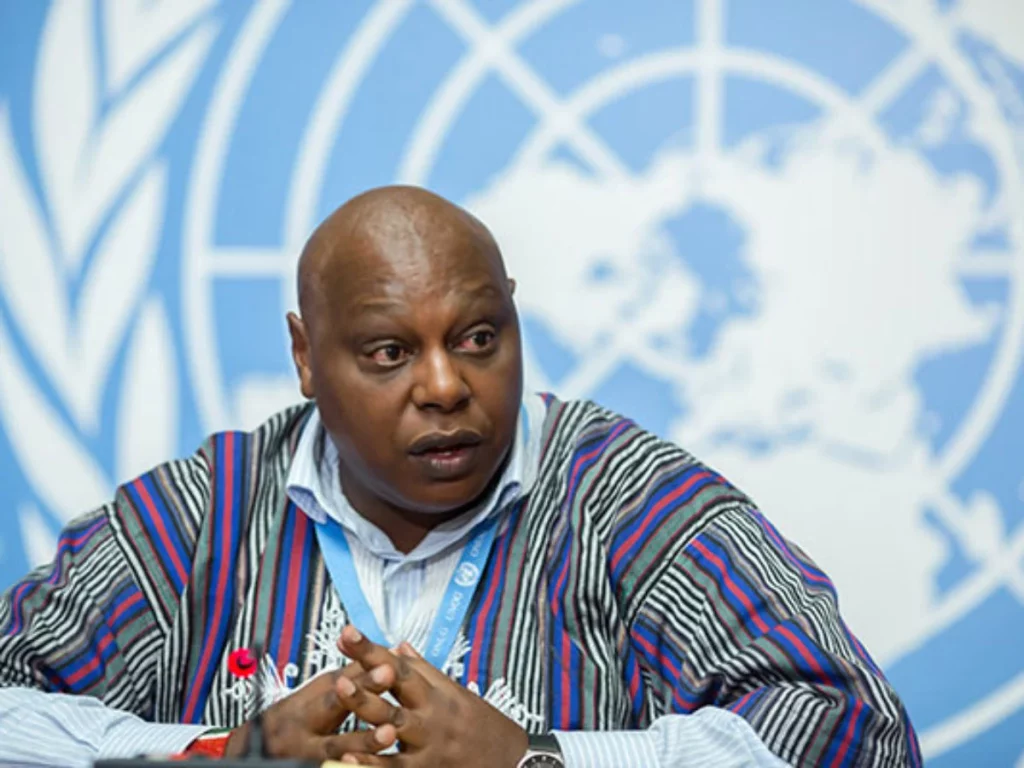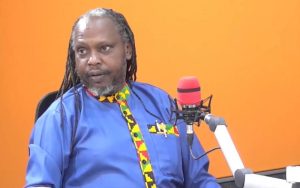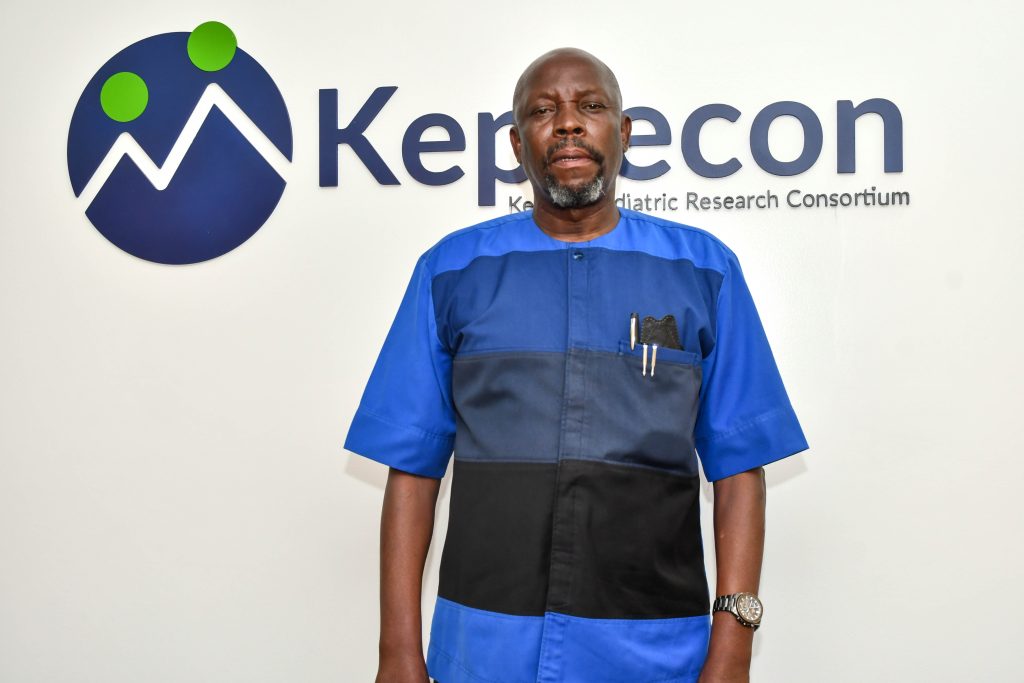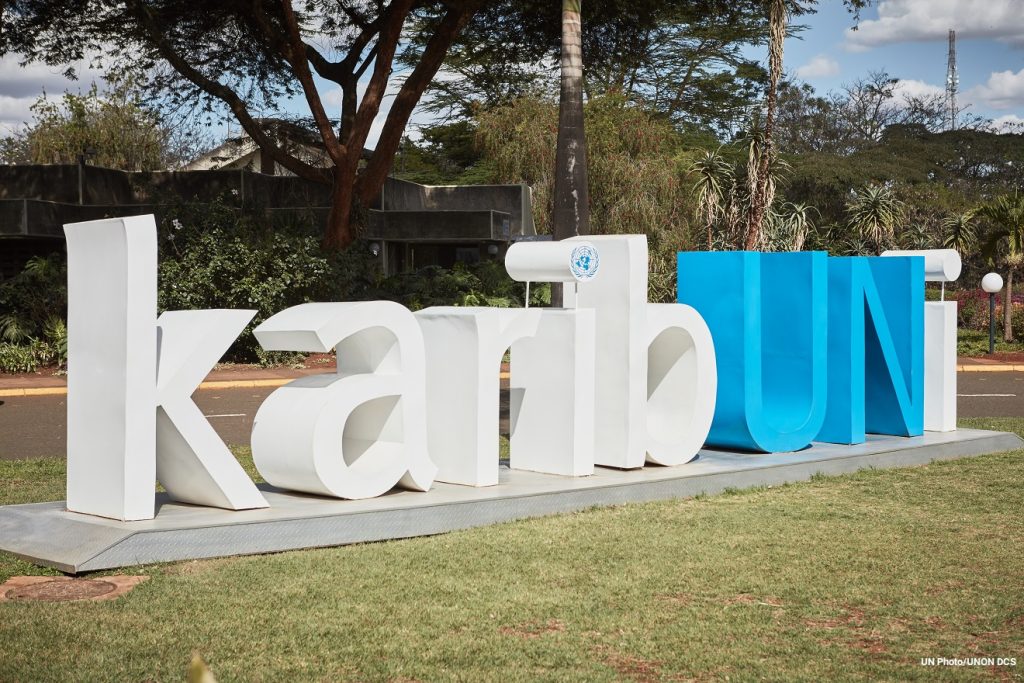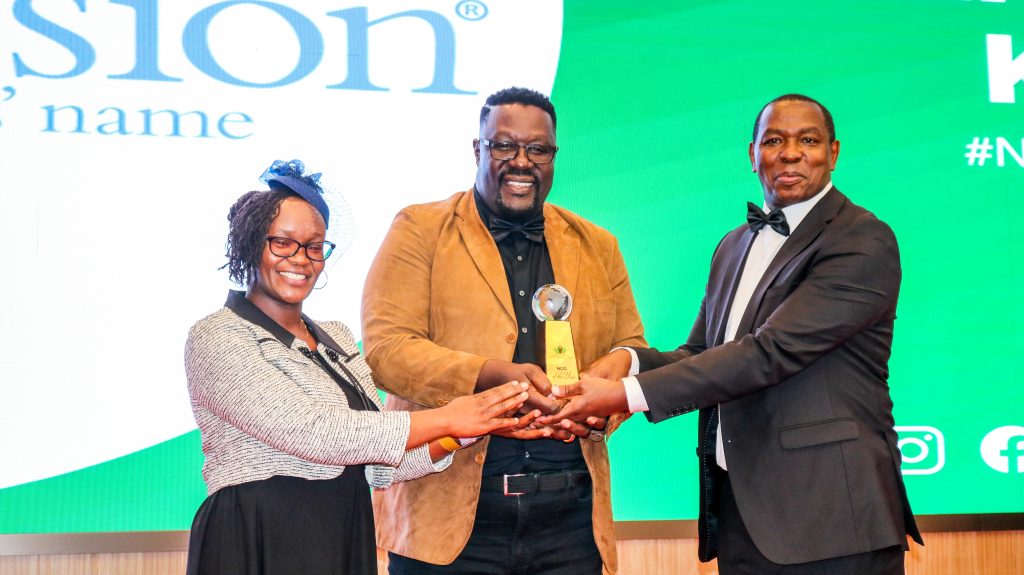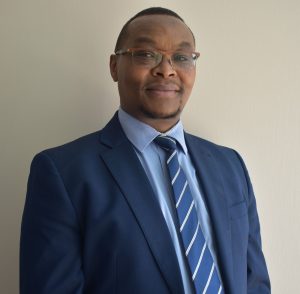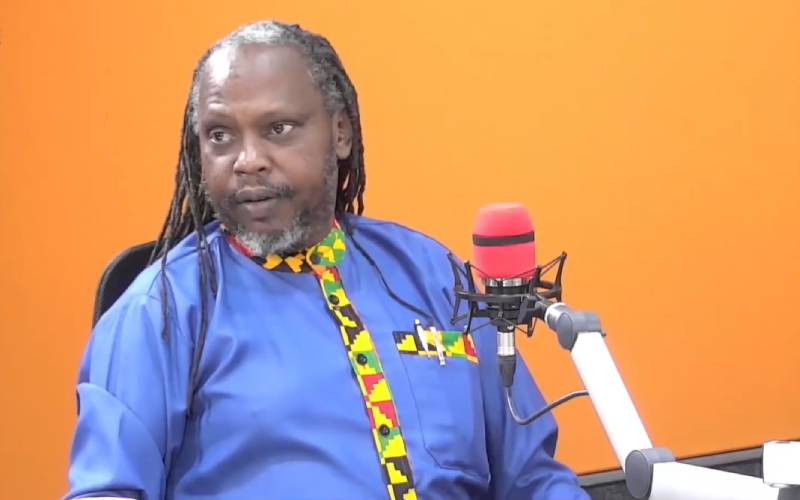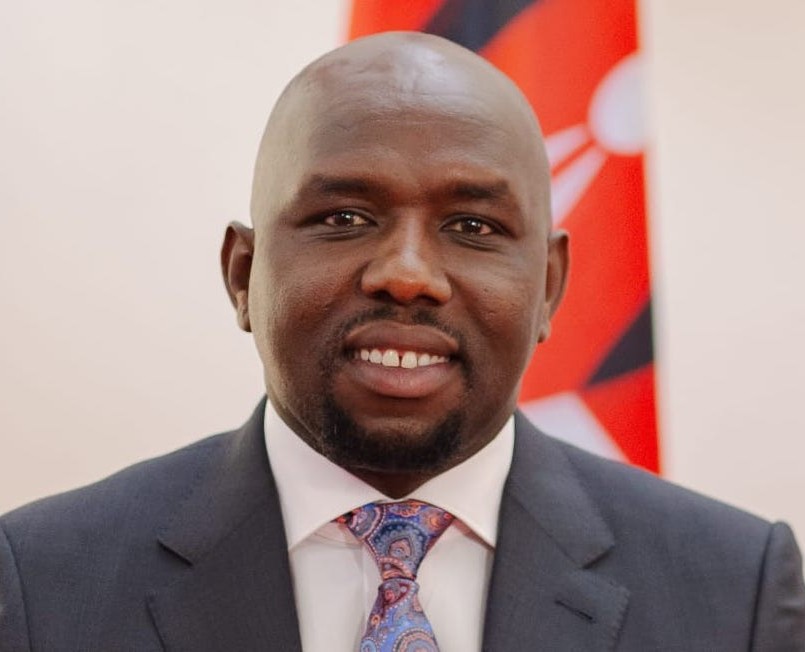By Wahome Ngatia
On August 7, 2025, the Kenya Human Rights Commission (KHRC) announced the return of one of its founding fathers. Maina Kiai, the internationally acclaimed human rights lawyer, was appointed Chairperson of the KHRC Board of Directors, taking over from the veteran activist and urban planner Davinder Lamba. The move felt less like a routine leadership change and more like the return of an old lion to a familiar savannah.
Kiai’s name has long been synonymous with fearless advocacy. In the 1990s, he was among the young, unflinching voices who rattled Daniel arap Moi’s one-party fortress. Back then, defending human rights in Kenya was not an intellectual exercise—it was a dangerous sport. Moi’s government did not take kindly to dissent, and KHRC, which Kiai co-founded in 1992, was a constant thorn in the regime’s side. Reports on torture, disappearances, and corruption poured out of the commission’s modest Nairobi office, prompting state surveillance, harassment, and the occasional thinly veiled threat.
Kiai, however, was not easily intimidated. Whether in court corridors or public rallies, his voice carried the authority of someone who had no patience for autocracy. The fight was never personal—at least not in the petty sense—but deeply moral. “Human rights are not gifts from the state,” he would say. “They are inherent to our humanity.” It was a radical statement in a country where the state still behaved like the ultimate landlord.
His years as Chair of the Kenya National Commission on Human Rights (2003–2008) cemented his reputation as a public watchdog with teeth. He led investigations into the 2007–08 post-election violence, refusing to sugarcoat the scale of state and political complicity. When politicians accused him of playing politics, he responded with what has become his trademark style: a combination of factual precision, deadpan wit, and polite defiance.
Beyond the frontlines, Kiai wielded a sharp pen. As a columnist for the Daily Nation in the 1990s and early 2000s, his weekly pieces blended incisive legal analysis with accessible storytelling. He had the rare ability to explain constitutional principles without putting readers to sleep. He also had a knack for turning a phrase that would linger in the mind long after you put down the paper. One memorable column described Kenya’s political elite as “people who see the law as a doormat—something to wipe their shoes on before stepping into the house of impunity.”
Kiai’s reach went far beyond Kenya’s borders. Between 2011 and 2017, he served as the UN Special Rapporteur on the rights to freedom of peaceful assembly and association, travelling to dozens of countries to examine crackdowns on protests and civil society. His reports—dense with evidence but laced with his no-nonsense style—shaped global standards for protecting civic space. He was equally at home addressing diplomats in Geneva as he was in dusty town halls in rural Kenya, where he continued grassroots work through InformAction, the media-based activism group he co-founded.
Now, with his return to KHRC as board chair, Kiai steps back into a civil society sector facing familiar battles in a new era: shrinking civic space, state overreach, and a youth-led protest movement demanding accountability with unprecedented urgency. He inherits a commission that is both more established and more constrained than the scrappy upstart he helped create three decades ago.
Whether this chapter will mirror the 1990s or take on a new script is anyone’s guess. But if history is any guide, Maina Kiai will not be content to sit quietly at board meetings. Expect him to stir debates, challenge complacency, and occasionally make those in power squirm. After all, Kenya’s longest-running watchdog is back on duty.

